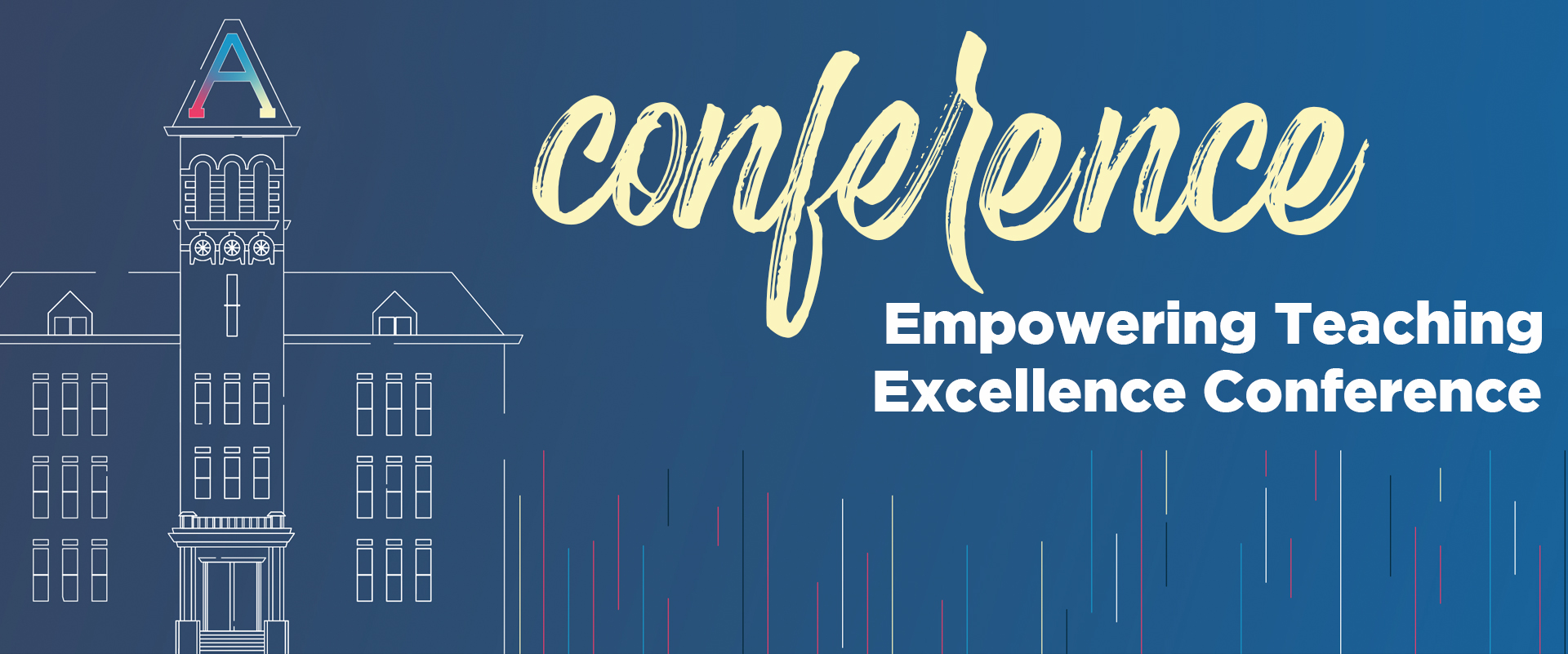Cheating Lessons: A Multidisciplinary Examination of Course Design for Student Success
Start Date
8-16-2023 11:00 AM
Description
Academic dishonesty is a challenging problem in higher education. In many cases, students who resort to cheating or plagiarism often feel compelled to do so because of underdeveloped academic skills, uncertainty about their abilities, and/or a high-pressure environment. As instructors, we play a role in setting students up for success by creating environments that encourage honest reflection, critical thinking, ethical interactions, and original work. The members of this panel read and discussed "Cheating Lessons: Learning from Academic Dishonesty", a book by James Lang. According to Lang, "cheating is an inappropriate response to a learning environment that isn't working for a student." There are, however, many ways to reduce the pressure to cheat by constructing learning environments that support intrinsic motivation, build self-efficacy, and encourage mastery-level learning. This presentation will review three main ideas covered in the Cheating Lessons book: (1) a brief history of cheating in higher education, (2) examples of course design for a "nearly cheating-free" classroom, and (3) ways to respond to cheating and/or develop university-wide policies that promote academic integrity. Panel members will also discuss specific teaching strategies they have implemented in an effort to encourage academic honesty, increase confidence and learning, and build relationships of trust.
Creative Commons License

This work is licensed under a Creative Commons Attribution 4.0 License.
Cheating Lessons: A Multidisciplinary Examination of Course Design for Student Success
Academic dishonesty is a challenging problem in higher education. In many cases, students who resort to cheating or plagiarism often feel compelled to do so because of underdeveloped academic skills, uncertainty about their abilities, and/or a high-pressure environment. As instructors, we play a role in setting students up for success by creating environments that encourage honest reflection, critical thinking, ethical interactions, and original work. The members of this panel read and discussed "Cheating Lessons: Learning from Academic Dishonesty", a book by James Lang. According to Lang, "cheating is an inappropriate response to a learning environment that isn't working for a student." There are, however, many ways to reduce the pressure to cheat by constructing learning environments that support intrinsic motivation, build self-efficacy, and encourage mastery-level learning. This presentation will review three main ideas covered in the Cheating Lessons book: (1) a brief history of cheating in higher education, (2) examples of course design for a "nearly cheating-free" classroom, and (3) ways to respond to cheating and/or develop university-wide policies that promote academic integrity. Panel members will also discuss specific teaching strategies they have implemented in an effort to encourage academic honesty, increase confidence and learning, and build relationships of trust.


